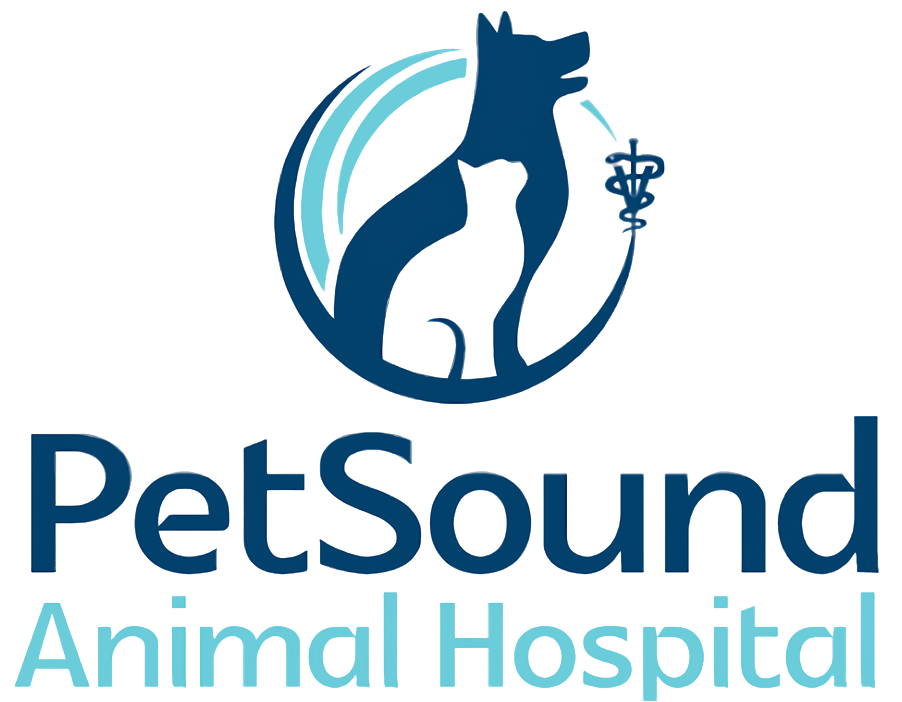Articles
-
A pet sitter can give your pet the care they need if you have a busy schedule or are traveling. Pet sitters take care of your pet in your home or theirs, and can do much more. Be sure to interview any potential sitters and use trusted friends, your vet, or online resources when looking for sitters.
-
Pets may have visible or hidden disabilities that require some adjustments to their care or lifestyle to maximize their quality of life. With some support, these pets can have a normal life and be just as loving as any other pet.
-
Plaque forms on teeth shortly after eating and within 24 hours begins to harden, eventually turning into tartar. Tartar serves as a place for bacteria to grow, leading to gingivitis. As gingivitis worsens, periodontal disease develops, which includes inflammation, pain, and tooth loss. Prevention of plaque and tartar build-up is key. Use VOHC-accepted food and/or water additives, wipe or brush your dog's teeth daily, and have your veterinarian perform regular dental cleanings.
-
Mouthing, nipping, and biting are used by all puppies during social play with their littermates. Once they leave their littermates, you can easily teach them a new set of games that are appropriate for social play with people. It is important to provide puppies with outlets for appropriate play from the start. Puppies should never be punished for playing with their teeth, as it can cause them to become permanently fearful of people.
-
A pre-visit pharmaceutical (PVP) is a medication or combination of medications given before a veterinary visit to reduce fear, anxiety, or stress associated with a veterinary visit. There are many different medications and medication combinations. Your veterinarian can provide the best recommendation for your dog.
-
Preanesthetic bloodwork is an important step in the evaluation of pets undergoing anesthesia or surgical procedures. Bloodwork can help diagnose a variety of internal disorders, many of which could negatively affect your pet's anesthetic and surgical safety. By diagnosing and treating any underlying medical disorders before surgery/anesthesia, your veterinarian can make anesthesia as safe as possible for your pet.
-
Next to you, the most important person in a dog's life is your veterinarian. Keeping your dog healthy requires exercise, excellent nutrition, and consistent medical care. Your veterinarian can help you with all three components of your pet’s healthy lifestyle. Since you and your dog will make many trips to the veterinary hospital over the years, start preparing your dog for these visits as a puppy.
-
A telemedicine visit is typically conducted over telephone, text messaging, chat, email, or videoconference. This may allow a veterinarian to diagnose and treat your pet’s medical condition remotely, without the need for an in-person visit. Your appointment will be conducted by a licensed veterinarian.
-
Winter cold weather poses several risks for our pets. This article outlines some of the key risks and how to avoid them, to keep your pet safe year-round.
-
Good hygiene takes practice, but starting early will make keeping your pup clean easier for his entire life. You can start some of these jobs shortly after your puppy arrives home. Be sure to keep a calm voice and use food rewards as positive conditioning to make it a positive experience.

